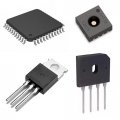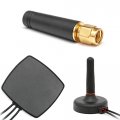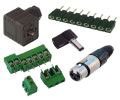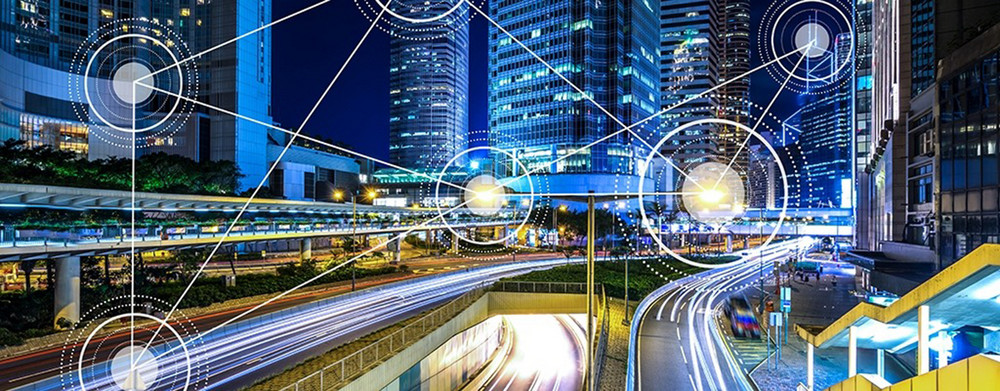
Plusieurs études indépendantes révèlent que jusqu'à 50 % des dépenses d'électricité des villes sont consacrées à l'éclairage public. Ces charges financières seront améliorées par le passage aux technologies LED, qui devraient être la norme pour l'éclairage public autour de 2027. Cependant, si nous saisissons cette opportunité, ce ne sera que le premier pas vers une amélioration significative. Si nous utilisions des technologies LED intelligentes dans l'éclairage public, notre facture d'électricité diminuerait de 85 %.
L’intelligence d’utiliser la lumière uniquement là où elle est nécessaire
Naturellement, ces économies financières massives sont assurées par les paramètres de contrôle de l'éclairage public que définit l'opérateur. Celui-ci pourrait activer/désactiver l'éclairage en fonction des conditions de circulation, des déplacements des piétons et de nombreux autres facteurs. Autrement dit, la lumière ne serait utilisée que là où elle est nécessaire.
Bien entendu, l'éclairage public intelligent ne sera pas une solution à commande manuelle. Le système peut traiter un grand nombre de données entrantes, des conditions de circulation à la présence d’un événement culturel dans la ville. Aussi, l'intensité de l’éclairage public sera-t-elle réglée en conséquence.
Le réseau d'éclairage public peut être géré par groupes logiques ou au niveau de chaque lampe. À l'heure actuelle, la révision de l'éclairage se fait encore selon une méthode de contrôle dépassée, à certains intervalles. De ce fait, les techniciens peuvent découvrir qu’un éclairage est défectueux des mois après qu’il est tombé en panne ; si la panne est plus importante, la réparation peut prendre du retard en raison d’un manque de matériel. Dans le cas de l'éclairage public intelligent, le technicien vérifie l'état de l'éclairage en temps réel et peut réagir immédiatement en envoyant une patrouille de service.
Un consortium qui donne le ton
Les fonctions d'éclairage intelligent ne sont plus conditionnées par le matériel lui-même ; ce qui compte, c’est que des fonctions intelligentes soient intégrées dans le matériel. Le consortium Zhaga, qui recense désormais plus de 150 membres permanents, associés et communautaires, travaille intensivement à cette question depuis 2010.
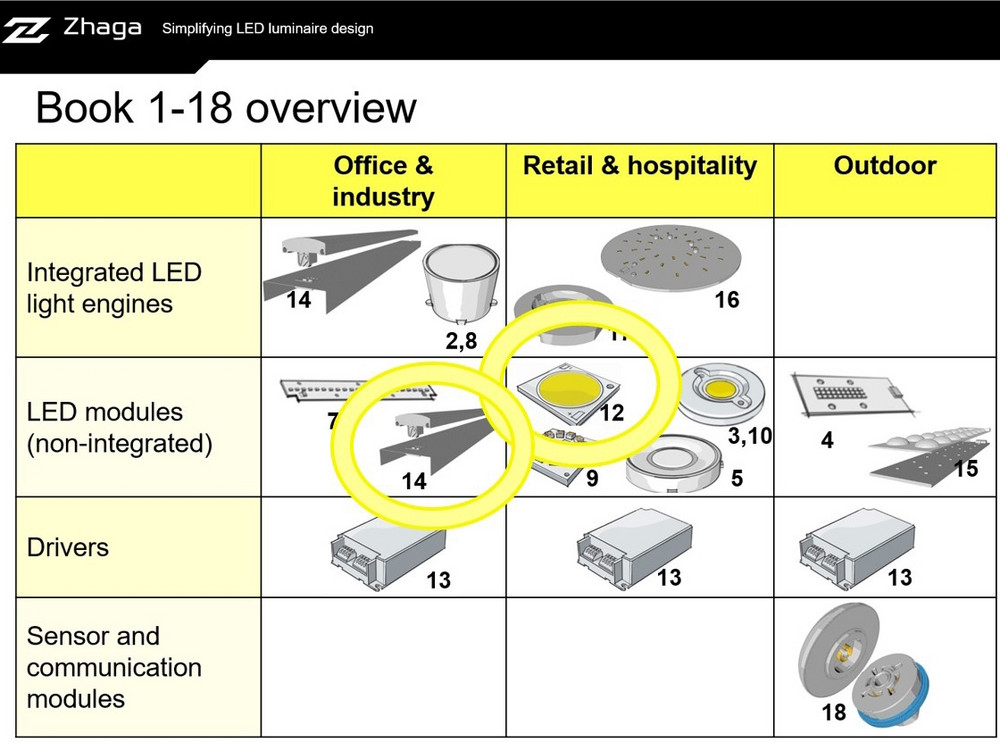
Le résultat de travaux d’experts est un ensemble de spécifications pour interfaces, connues sous le nom de livres Zhaga, qui définissent les interfaces entre des composants et leur environnement. Chaque livre définit un ou plusieurs composants de la lumière LED en termes d'interface mécanique, photométrique, électrique, thermique et de contrôle par rapport à son environnement.
Le Livre 18 est particulièrement intéressant pour les villes intelligentes car il traite de la fonctionnalité de l'éclairage LED extérieur, qui crée des opportunités pour les applications IoT et pour les environnements des villes intelligentes.
Les derniers livres couvrent également la programmation de l'éclairage avec la technologie NFC, par exemple.
Prenons soin de l'environnement. Nous en avons besoin !
L'éclairage public est également le système nerveux de la ville. Des centaines de millions de réverbères actifs dans le monde consomment jusqu'à 19 % de l’électricité mondiale. Il en résulte également une production excessive de CO2, qui dépasse largement les limites établies. Si aucun changement n'intervient, la production de CO2 due à l'électricité va même augmenter. Selon l'ONU, jusqu'à 68 % de la population vivra en ville d'ici 2050.
L'éclairage artificiel n'affecte pas seulement l'environnement en produisant du CO2. La lumière artificielle affecte la production de mélatonine, l’hormone du sommeil qui affecte le rythme circadien des mammifères. Bien que ce sujet soit très vaste, nous pouvons dire en résumé que la lumière artificielle supprime la production de mélatonine, ce qui affecte le comportement des animaux. Elle peut donc affecter la recherche de nourriture, le sens de l'orientation, l'interaction prédateur-proie ou la reproduction. Les modifications comportementales peuvent être importantes au point d’entraîner des changements écologiques catastrophiques comme l’extinction de certaines espèces.
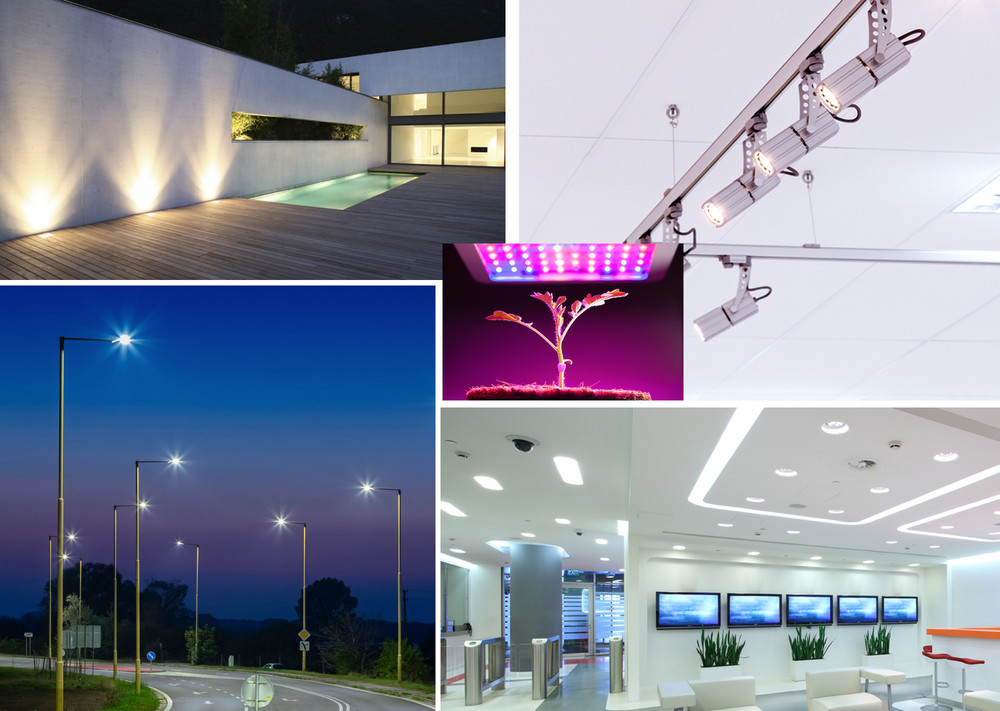
L'éclairage intelligent est généralement la première solution pour les passionnés de domotique. Au niveau individuel, si les lumières intelligentes assurent davantage de divertissement, au niveau de la ville, elles peuvent construire un réseau Intranet qui la fait avancer. Les technologies LED intelligentes peuvent comporter un nombre relativement important de capteurs intégrés, à même de surveiller la météo, le niveau de CO2 et l'état de la circulation. Elles peuvent être équipées de caméras, mais surtout, créer des micro-réseaux, par exemple, en utilisant des modules Wi-Fi.
La lampe comme point de communication
Les connecteurs de la série LUMAWISE Endurance S de TE Connectivity sont déjà disponibles. Il s’agit d’une solution qui permet de connecter l’éclairage LED extérieur à un capteur ou à un module de communication, présent sur la lampe.
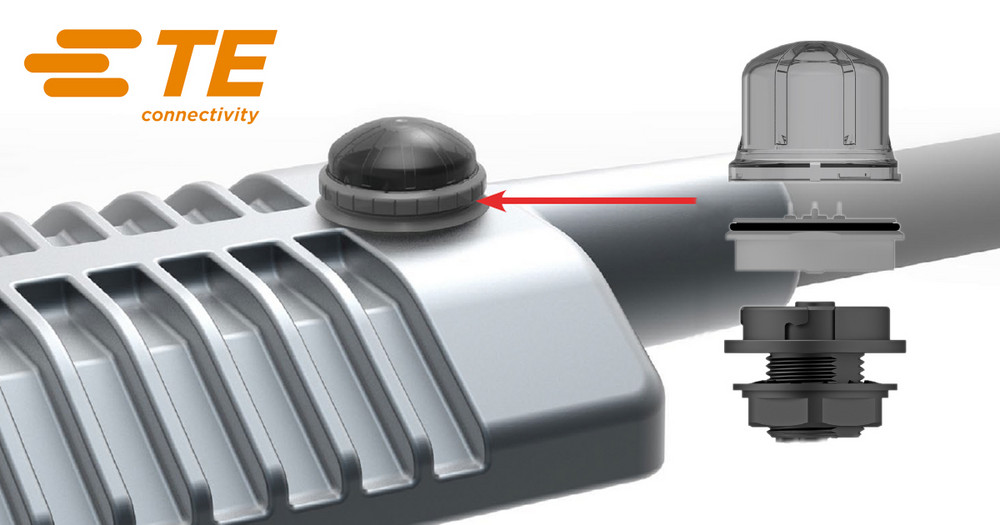
En plus du fait que la collecte d'informations contribuera ultérieurement à un éclairage urbain plus intelligent, nous pourrons, par exemple, influencer les niveaux de CO2 en dispersant ou en redirigeant la circulation. Les réseaux d'infrastructures IoT, qui peuvent être construits grâce à l'éclairage intelligent, contribuent eux aussi à développer l'électromobilité via le covoiturage.
Les voitures ne doivent pas nécessairement être connectées à Internet. Une connexion au réseau local suffit. Les personnes intéressées par la location d'une voiture électrique ont un aperçu en temps réel de la plus proche et de l'état de sa batterie dans l'application de location.
Il existe de nombreuses façons d'utiliser l'éclairage intelligent dans les villes intelligentes. Il peut enrichir l'industrie du divertissement, mais aussi aider les forces de secours à intervenir ou à améliorer la qualité de la vie quotidienne, ce qui va de pair avec une meilleure santé, non seulement au niveau de l'entreprise mais aussi au niveau de l’individu.
Možností jak využít inteligentní osvětlení v rámci chytrých míst je celá plejáda. Mohou obohatit zábavní průmysl, ale rovněž mohou pomoci záchranným složkám při zásazích či zlepšit kvalitu každodenního života, což jde ruku v ruce s lepším zdravím nejen na úrovni společnosti, ale i jednotlivce.
Si des nouvelles du monde de la technologie vous intéressent et que vous aimez écrire des articles inspirants, devenez l’un de nos rédacteurs. Contactez-nous à l'adresse marketing@soselectronic.com et rejoignez notre équipe !
Vous aimez nos articles ? Alors, ne manquez aucun d'entre eux ! Vous n’aurez à vous soucier de rien car c’est nous qui vous les ferons parvenir.


